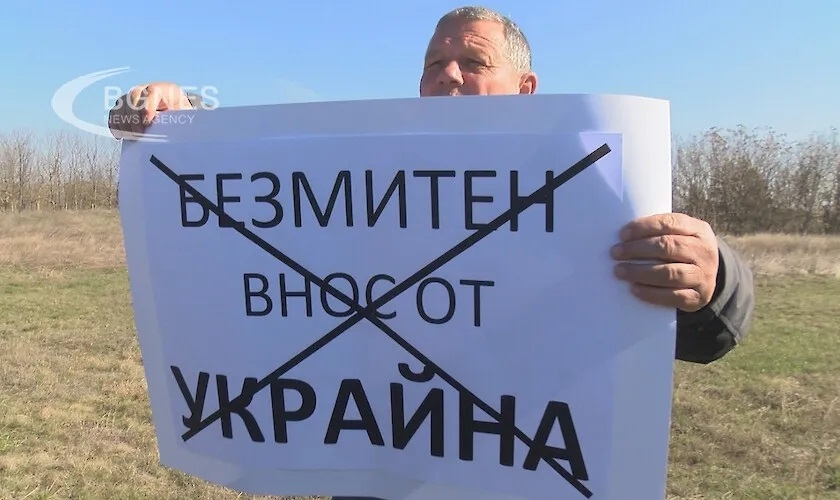Bulgarian farmers are protesting against the import of grain from Ukraine

Bulgarian farmers with 50 tractors blocked the route Ruse - Pleven, protesting against the import of agricultural products from Ukraine. They believe that duty-free imports of Ukrainian wheat and sunflowers will bankrupt farmers, as low prices for grain from Ukraine reduce the competitiveness of Bulgarian products.
The participants of the action sent a note of protest to the Minister of Agriculture with complaints about overcrowded granaries and the impossibility of settling accounts with counterparties.
We will remind that the Polish authorities have decided to compensate their farmers for the losses caused by the significant volume of Ukrainian grain exports, so they will pay them subsidies for the sold grain - wheat and corn.
According to the report of the Global Agricultural Information Network of the Foreign Agricultural Service (FAS) of the US Ministry of Agriculture, despite the increase in the area of oilseed crops in Bulgaria by 8% compared to last year, their production will remain at the level of 2.4 million tons due to a decrease in productivity due to the summer heat and droughts. It is expected that in 2022/23 MR, the rape crop will decrease by 20% compared to the previous season to 299.25 thousand tons, and the sunflower crop will increase by 4% to 2.077 million tons.
Bulgaria became the largest importer of price-competitive sunflower seeds from Ukraine to the EU with a share of 40% in total European imports. In addition, it has increased its sales volume and is currently the leader in the export of sunflower meal to the EU (provides 66% of the total volume) and sunflower oil (47% of European exports).
However, local farmers are concerned that sunflower imports are depressing domestic prices. According to the preliminary forecast of FAS Post Sofia, in 2023/24 MR, the country will increase the production of oil crops, provided that the weather is favorable and soil moisture reserves are restored.
"Overall, rainfall in 2022/23 MR was significantly lower than in the previous season," FAS said. - "So far, rapeseed crops have developed well, but in the spring, when the need for moisture will increase, development risks may arise. There are also risks for spring sowing of sunflowers, if the amount of precipitation in March-April will not be sufficient to restore moisture reserves in the soil, which remain very low."


